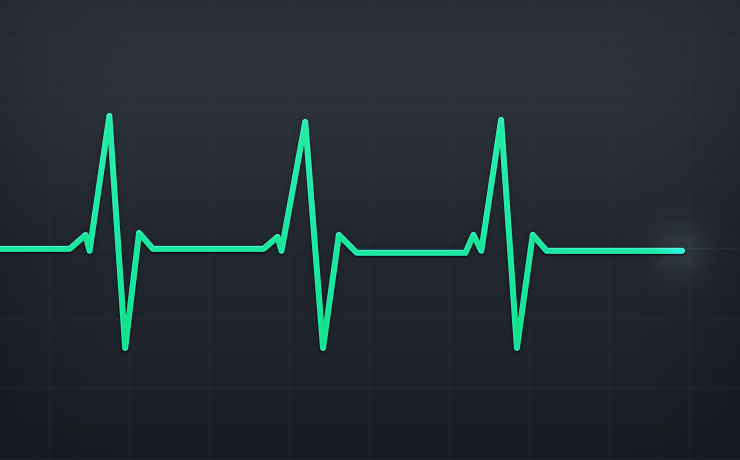At 20 years old, I found myself sitting in a hospital bed waiting to have surgery the following week. Two days earlier I was doing what every normal missionary did: teaching, working, and sweating. Now, I was laying in a bed with a monitor strapped to my chest to measure every beat of my heart. Seeing my heartbeat was usually a good thing. It meant I was alive. But this time it gave me concern. This concern came not because it was beating but because of how fast it was beating, 300 beats per minute. At that rate, my energy level went down substantially.
As a missionary you are expected to live by certain rules. These rules make sense and help keep you safe and focused. They guide and direct the way you live as a missionary. On the flip side, when you are not a missionary, living all the mission rules prevents living what most consider to be “a normal life.” Since I was technically a missionary but was not doing what missionaries typically do, I found myself faced with some difficulties.
I was not allowed to watch t.v., listen to music, read non mission approved literature, or play any kind of video games. Normally this would not bother me; I kept busy with missionary life, but being confined to a bed, I found that I could only read the few books I had access to for only so long. I became incredibly bored.
The thought of having to wait like this for five days at first killed me. How was I going to make it without any entertainment? As I sat there thinking a thought came into my mind. “Patience is made.” With that thought in mind, I began looking for ways to productively entertain myself without relying on technology. I sought out people to talk with so that I might learn their stories, and I found that not only would they share their stories, but I could also share mine. Opportunities for “unusual” missionary interactions came flooding in!
In the course of mutual sharing, I learned that being patient doesn’t mean waiting without complaining; being patient means filling the time you have with productive activities. In life, patience is required of all of us, whether we are “in-patients” or “out-patients.” Learning how to be a patient patient is truly one of the most important things any of us can ever learn.
 I often think about how Elder David A. Bednar has defined the heart; the heart is the sum total of our thoughts, desires, feelings, and motivations. It's who we are and who we are becoming.
I often think about how Elder David A. Bednar has defined the heart; the heart is the sum total of our thoughts, desires, feelings, and motivations. It's who we are and who we are becoming.










